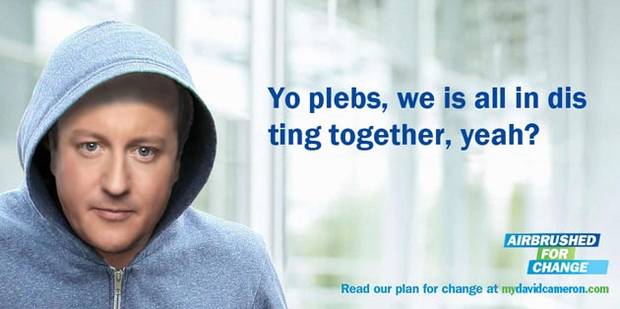It is only during times of relative crisis that the pull of the homeland, an entirely illusory concept in itself, is at it’s strongest. My wife tells me that as the UK erupted into riots in 2011, and having no desire to return, she had a sense of needing to be there. Last Thursday I recognised that feeling as the exit polls turned out to be a kinder view than reality.
As one of many who view from a distance, it is curious to examine the role that nationalism has played in the UK election. It appears that the death knell of the Union may have been the 55% vote in favour of Scotland remaining within it, although blaming the SNP for the entire result ignores the important role that the English parties have to bear.
The Conservative Party’s fear mongering amongst the English electorate, that they would be governed by Scottish Nationalists, was extremely effective. Labour, despite repeated protestations that there would be no deal, failed to realise that the electorate could add up.
The results in England represent a manifestation of English nationalism, one which fears being governed by others. The sight of the former colonial master driven into a blind panic by the prospect of having done to them what once they did to others should be satisfying. That the ‘others’ in this case are the same people the main parties were imploring to stay mere months ago merely heightens the hypocrisy.
There is an unwillingness to recognise that the Overton Window of mainstream English politics has been shifting rightwards over the last fifteen years. It is no accident that the BNP garnered nearly a million votes in 2009, or that their more politically inclined successors UKIP came first in the 2014 European Elections with four million votes.
The initial reaction from the left, that the BNP and UKIP vote constituted a ‘protest vote’ only held up as long as the vote, over time, did not. Their finish in terms of vote share at the 2015 election demonstrates that UKIP have grown their support over the past five years and have supplanted the Liberal Democrats as England’s third party. The hope that the UKIP vote would significantly damage the Conservative Party has also been demolished.
In many parts of Northern England, areas that would never vote Conservative, the Labour Party finds itself squeezed by the right wing populism of UKIP. At the same time, it has been utterly routed by the left wing populism of the SNP in Scotland. The fruits of adopting Blair’s ‘third way’ of neither left nor right have meant that UK Labour finds itself trapped in a centre-right territory that the Conservative Party have effectively occupied.
A return to Blairism isn’t the answer, as the Blair years are at the root of those UKIP second places and SNP victories. What Labour requires is a redefinition of what, as a party, it is for in the world it’s thirteen years of power shaped. They are suffering from a crisis of political identity much greater than their 80’s nadir. Not because of the required ideological change, but because of the very viable alternatives already present.
Whoever succeeds Ed Miliband is faced with an unprecedented challenge. They will be presented with the problem of needing to reach out to both the left and the right at the same time, to talk UKIP tough on immigration in Northern England, while simultaneously speaking defiant anti-austerity rhetoric in Scotland. And this is merely to regain the trust of their former voters. Should they hit upon some miracle strategy, a trenchant decade long Conservative Government still lies in wait.
John is a 30 year old school teacher who lives in Auckland. He is a member of the NZ Greens and is interested in political campaigns, elections and pop music.





